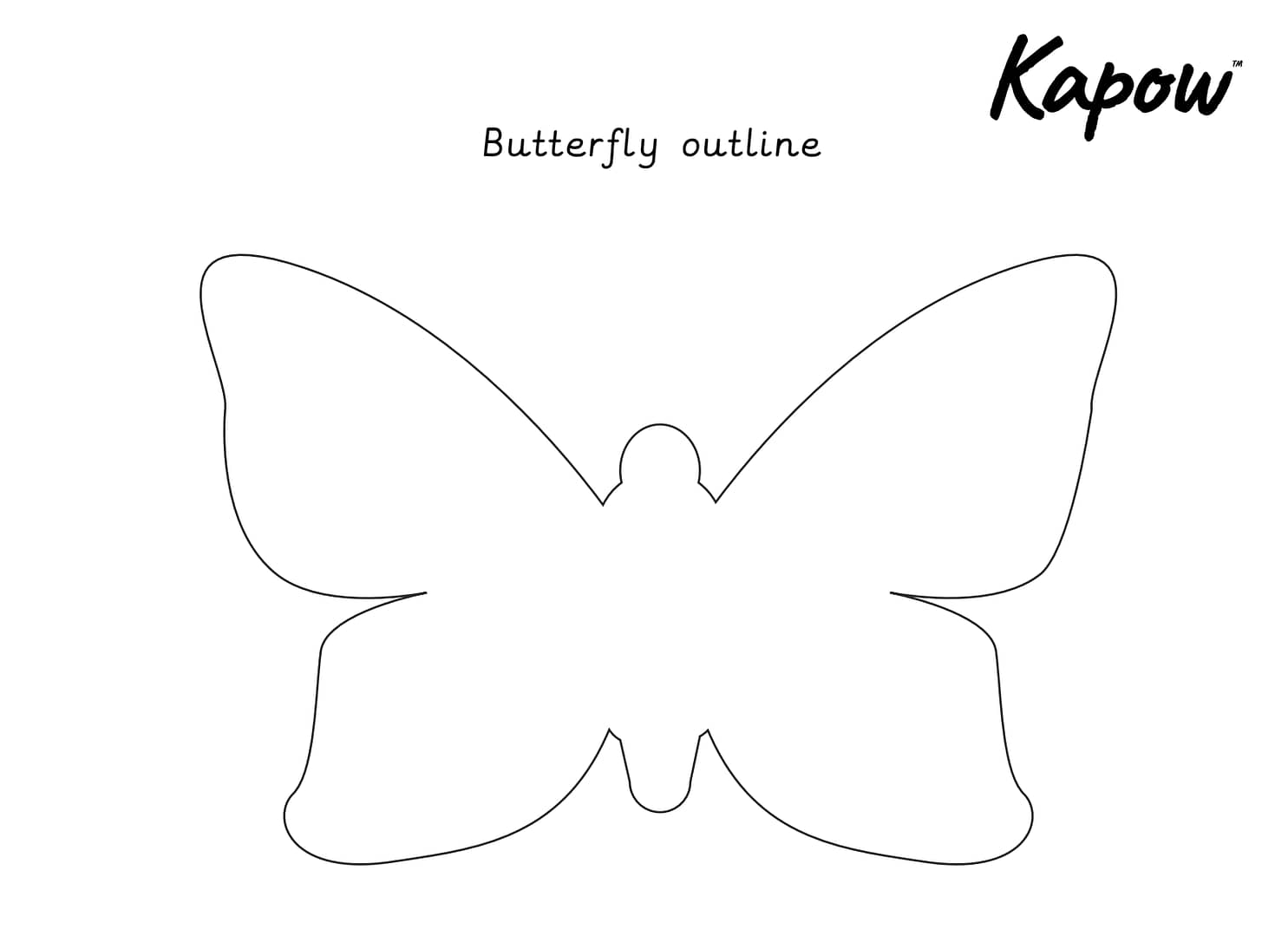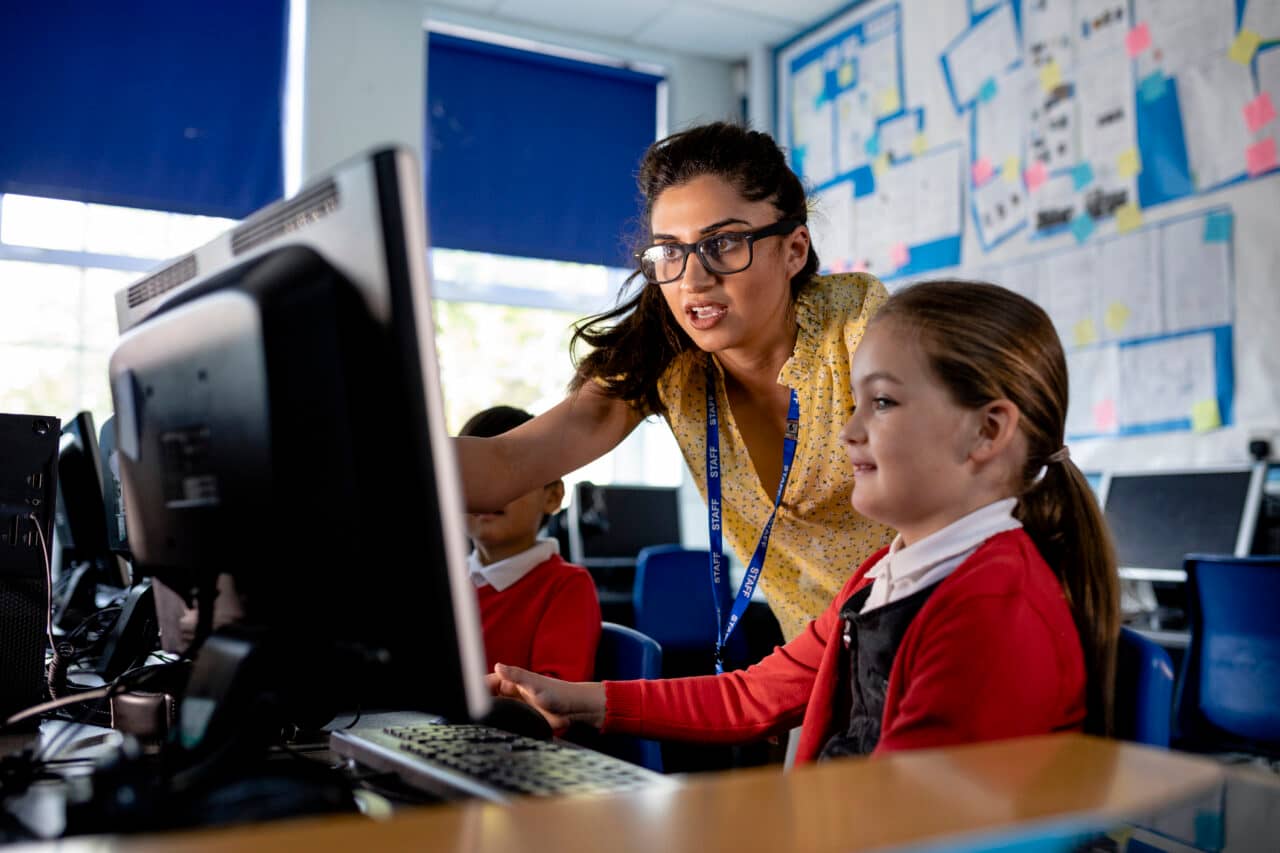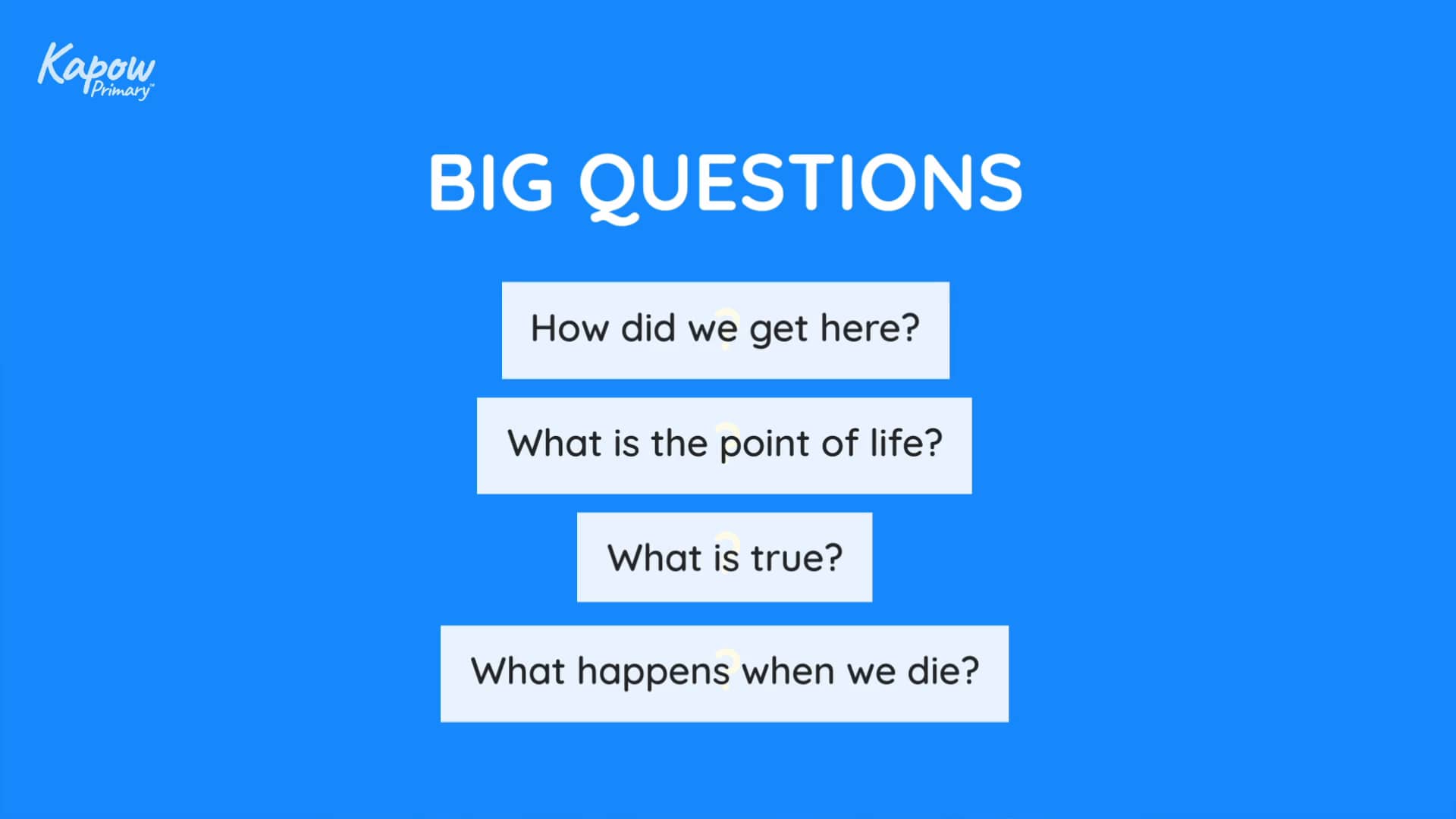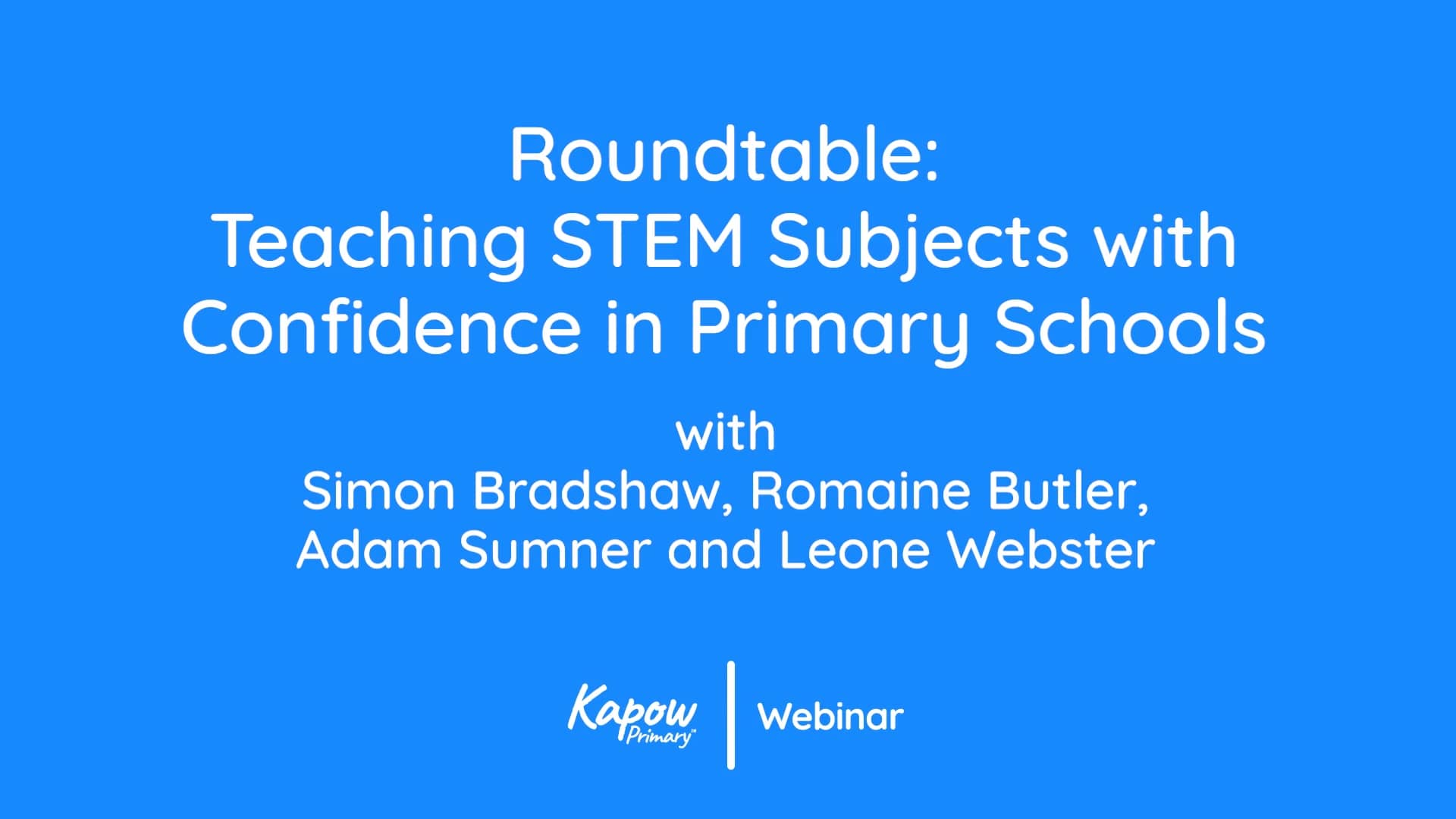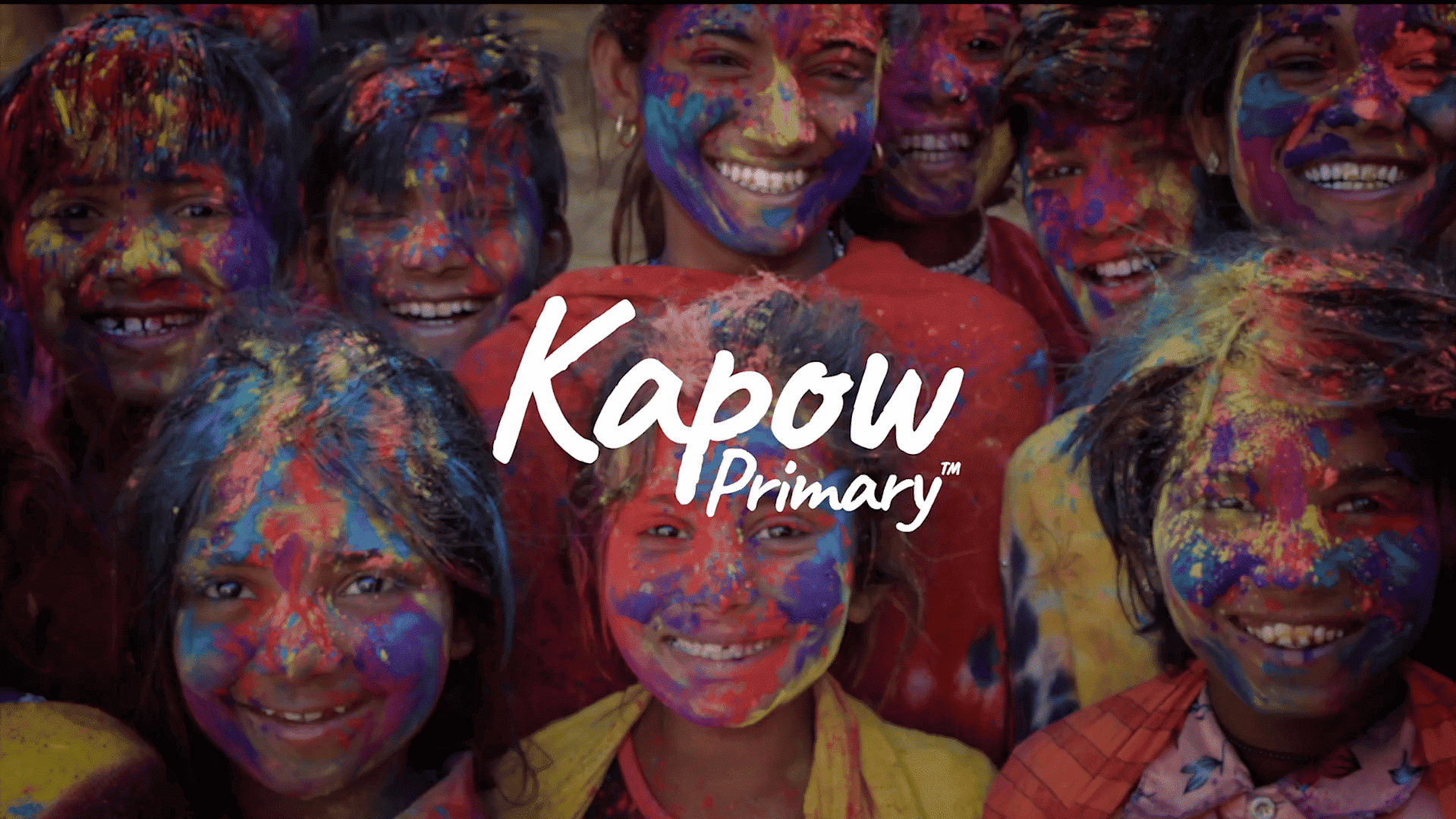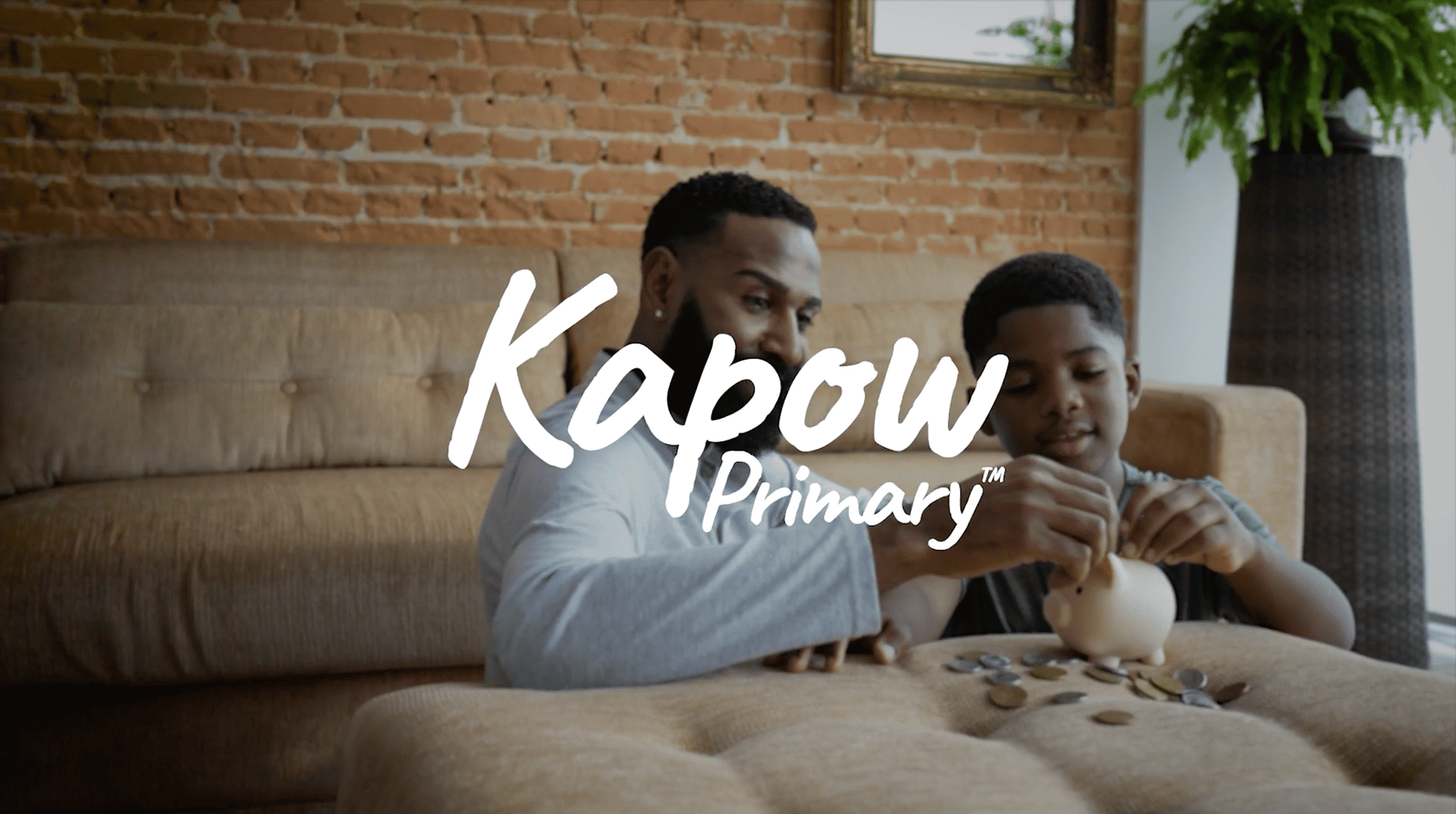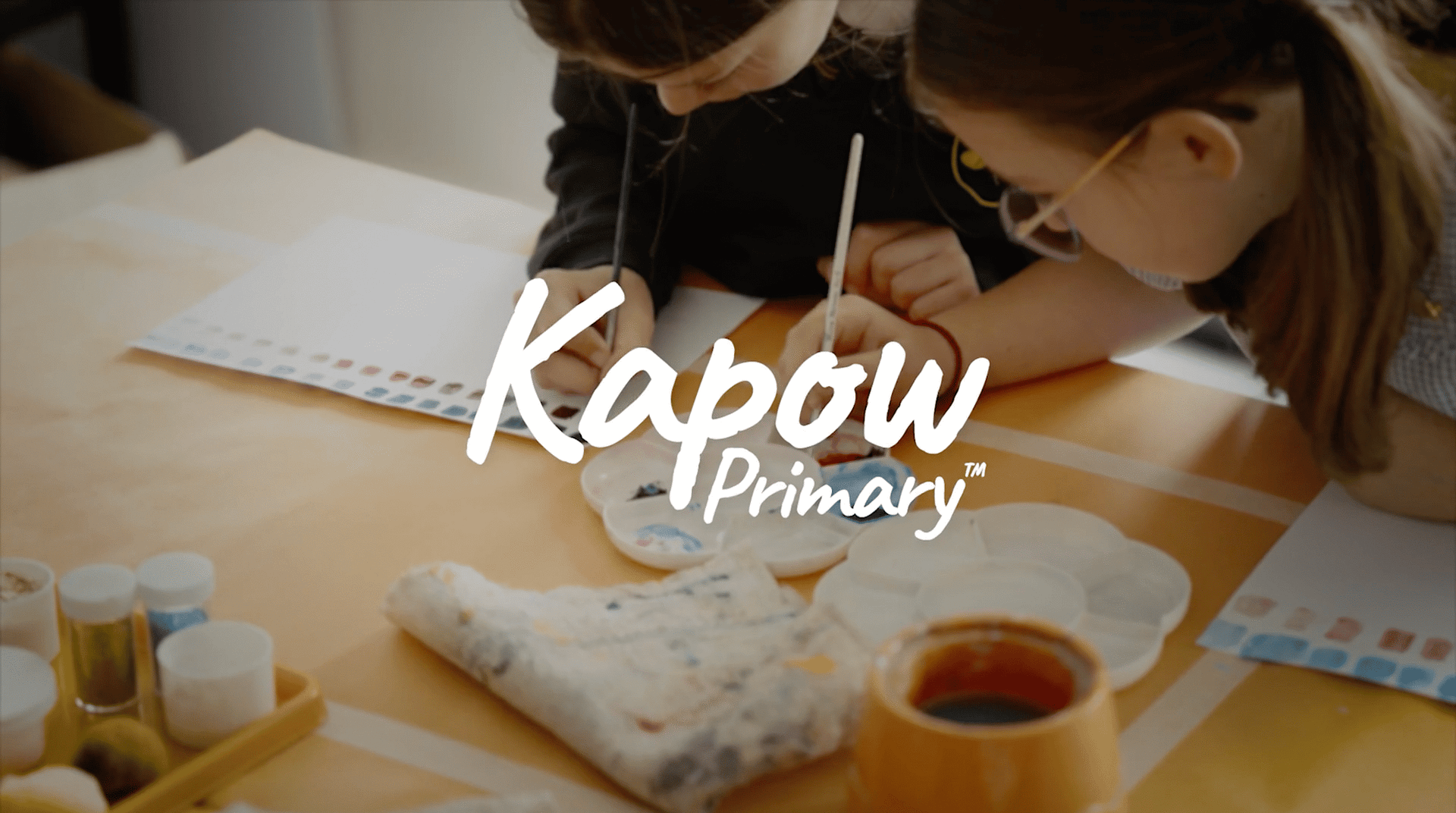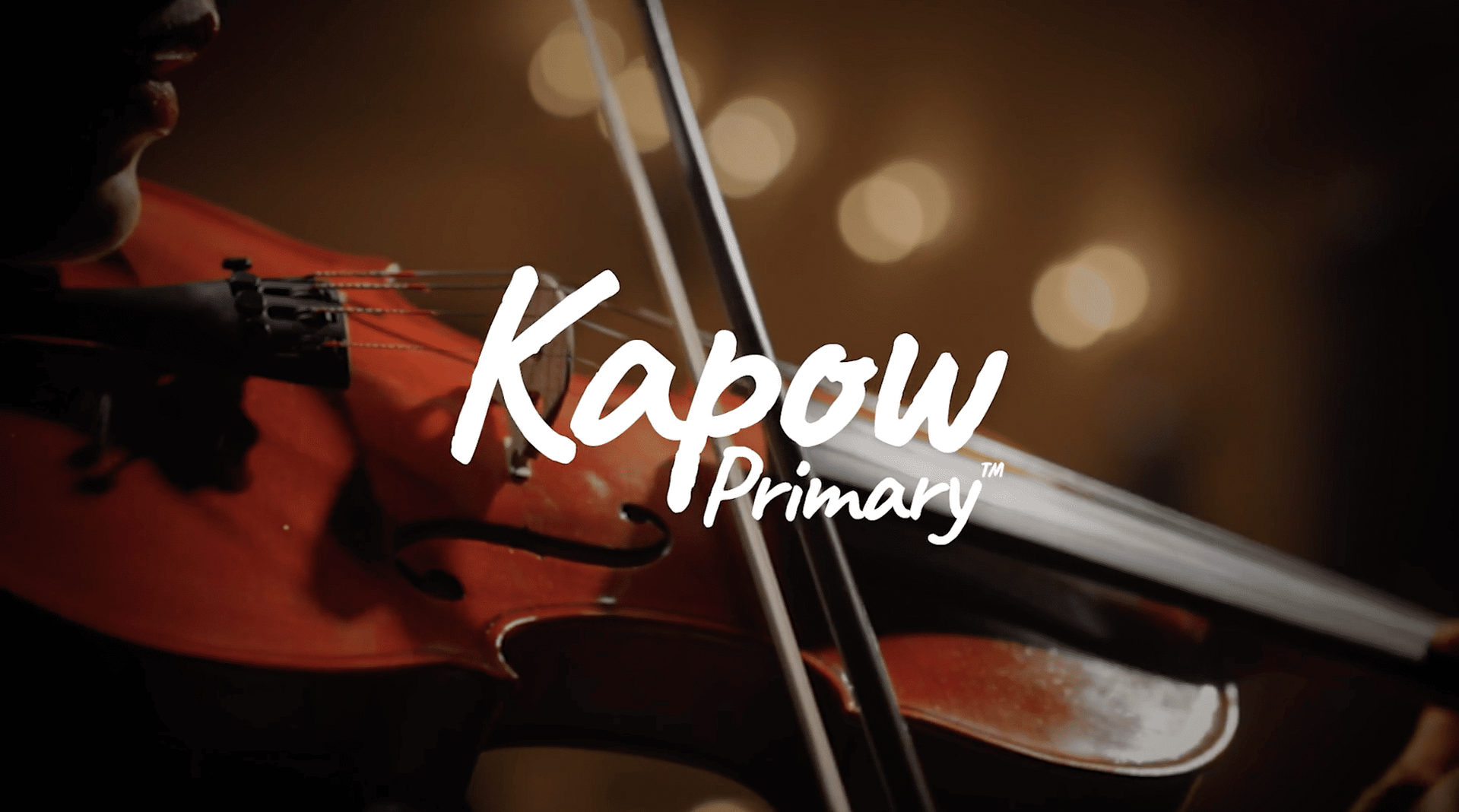Use this printable butterfly outline as part of the peppered moth adaptation activity for British Science Week 2025. Pupils can design and decorate their butterflies to blend into different environments, exploring how camouflage helps animals survive. This hands-on task reinforces key science concepts while encouraging creativity and discussion about adaptation, natural selection, and environmental change.
year: Year 2
Using Videos To Support Primary Learning
This video showcases how Kapow Primary’s videos support our schemes of work across foundation subjects. With interactive demonstrations, expert insights, and CPD support, our videos help you deliver engaging lessons with confidence. From coding and science experiments to music and storytelling, Kapow Primary provides the resources to inspire pupils and support teaching.
Teacher video: The wonder box
This Religion and worldviews video explains how introducing and using the wonder box in the classroom gives children the opportunity to share questions they may not feel comfortable asking in class.
Webinar: Teaching STEM Subjects with Confidence in Primary Schools
Watch this webinar to discover strategies for improving Computing, D&T, and Science teaching while supporting colleagues and raising STEM’s profile in your school. Kapow Primary specialists share practical advice on overcoming confidence barriers, effective teaching techniques, collaboration, assessment, and ready-to-use resources. Ideal for STEM leads, subject specialists, and class teachers.
Introducing Science
This video provides an overview of Kapow’s Science scheme of work, designed to support teachers with hands-on activities, engaging experiments, and real-world examples. Our spiral curriculum builds knowledge year after year, with CPD support, easy-to-follow practicals, and fully resourced lessons to inspire young scientists.
Introducing Religion and worldviews
This video introduces our Religion & Worldviews scheme of work, helping pupils explore beliefs, cultures, and ethical issues with curiosity and respect. With engaging lessons, diverse perspectives, and full teacher support, you can teach with confidence.
Introducing RSE & PSHE
This video introduces our RSE & PSHE scheme of work, designed to equip pupils with essential life skills while meeting statutory guidance. The scheme includes age-appropriate lessons, animated videos, and full teacher support to ensure confident delivery.
Introducing Art and design
This video provides an overview of our Art and design scheme of work, helping you teach with confidence while building creativity and skills year after year. Get lesson plans, pupil videos, CPD, and assessment tools – everything you need to inspire young artists.
Introducing Music
This video introduces Kapow Primary’s Music scheme of work, designed to support teachers with engaging lessons, skills videos, and step-by-step guidance. Covering notation, composition, improvisation, and performance, the spiral curriculum helps pupils build confidence and musical knowledge year after year.

